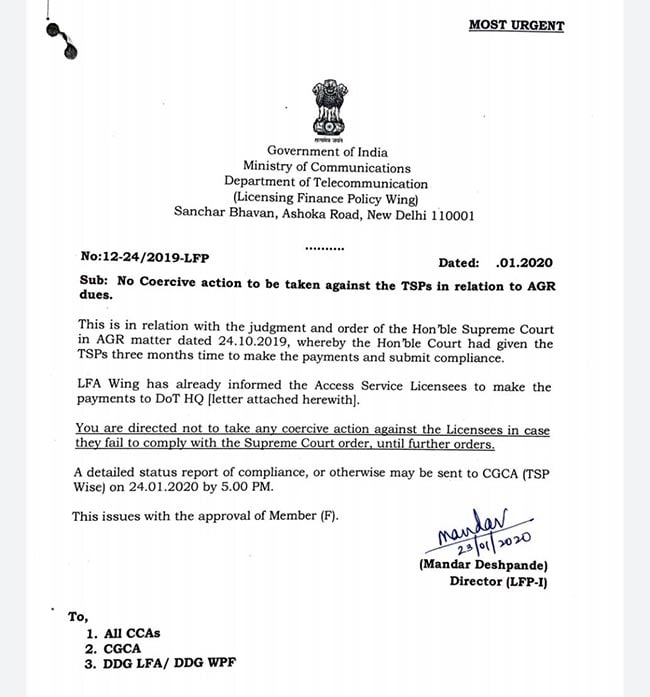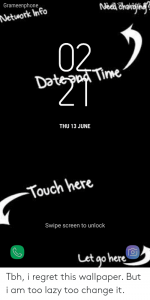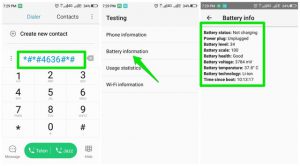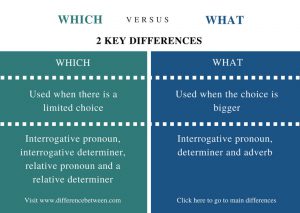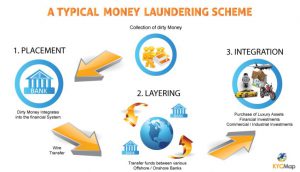 Egypt’s Ministry of Telecommunications has appealed to the court for a decision to allow access to YouTube without blocking it. Last week, an Egyptian judge ordered the Google-owned video-sharing site to be blocked for 30 days. The move was taken against YouTube for not deleting the controversial anti-Muslim video “Innocence of Muslims” made about the Prophet Muhammad (peace be upon him).
Egypt’s Ministry of Telecommunications has appealed to the court for a decision to allow access to YouTube without blocking it. Last week, an Egyptian judge ordered the Google-owned video-sharing site to be blocked for 30 days. The move was taken against YouTube for not deleting the controversial anti-Muslim video “Innocence of Muslims” made about the Prophet Muhammad (peace be upon him).
Egypt’s telecoms ministry says blocking YouTube would cost more. They also mentioned that they could not legally monitor the content on social networking sites.
An appeal has also been filed by the rights group, The Association for Freedom of Thought and Expression in Egypt. They say shutting down such sites would deprive Internet users of the right to express their views on those sites and an important means of self-promotion.
The controversial 14-minute video clip, made in the United States in July last year, was uploaded to YouTube. Then in September a version dubbed in Arabic was seen. It quickly spread to the web and started a mass movement in the Muslim world – especially in the Middle East and North Africa. In some cases, this has led to violence. Chris Stephens, the US ambassador to Libya, was killed in the attack. A total of four U.S. citizens were reported killed in the violence.
At one point, despite a request from the White House, Google refused to delete the video. However, the company blocked access to the clip for Libya, Egypt, India, Indonesia and Saudi Arabia.
It is pertinent to mention that YouTube was also blocked in Bangladesh due to that YouTube video. Although this is being written in newspapers, the site could not be accessed without any hindrance till the time of publication of this post (evening of 16 February 2013).
[★★] Want to write about technology? Now one Technician Open an account and post about science and technology! fulcrumy.com Create a new account by visiting. Become a great technician!
